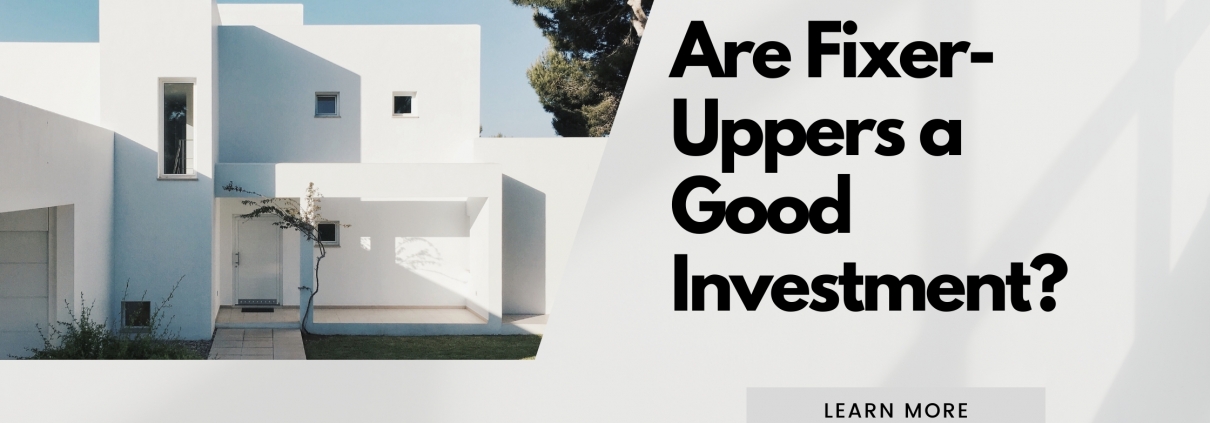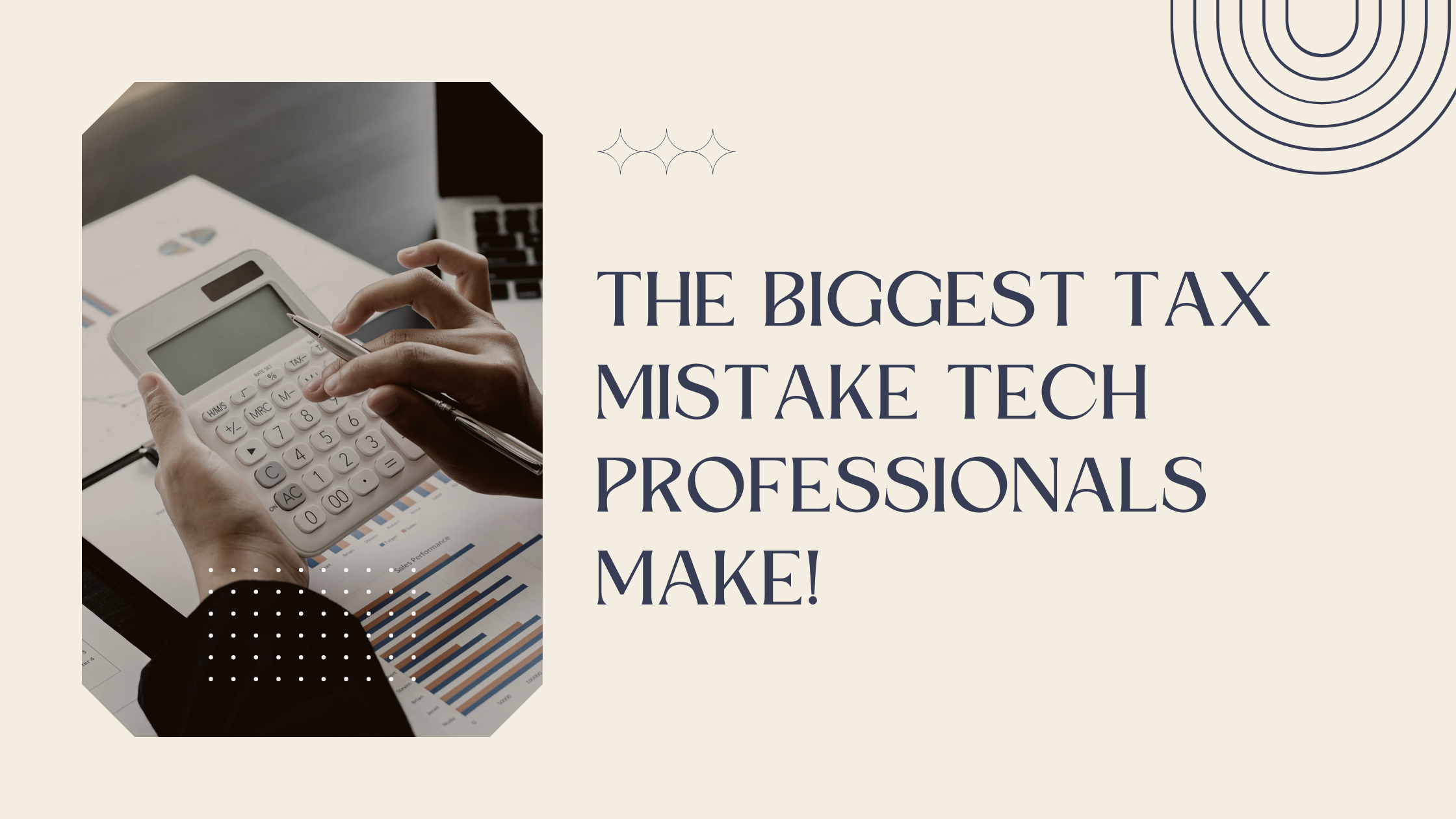Are Fixer-Uppers a Good Investment?
True Root Financial is a financial advisor and financial planner based in San Francisco, CA. We serve clients across the globe.
If you’re a tech professional eyeing the competitive San Francisco housing market, the idea of transforming a run-down house into a profitable investment is certainly appealing. However, the reality of purchasing a fixer-upper is often more complex.
Key Takeaways:
- A detailed inspection and realistic budgeting are critical in determining whether a fixer-upper is a smart investment or a financial pitfall
- Be prepared for unexpected challenges, both financial and emotional
- A renovation mortgage allows you to borrow funds for both buying and repairing a home.
3 Clues a Fixer-Upper Might Be a Hidden Gem
a) Prime Location:
If the property is in a sought-after neighborhood with well-maintained homes and rising property values, it has strong potential for future marketability. Look at recent home sales in the area to gauge what the property could sell for after renovations.
b) Mostly Cosmetic Repairs:
Always get a home inspection, especially for fixer-uppers. If the inspection reveals only minor, cosmetic fixes like replacing windows, painting, or adding new shingles, this could be a solid investment. However, if major issues like foundation or plumbing are uncovered, you may want to reconsider due to the higher costs and effort involved.
c) DIY-Friendly Repairs:
The more repairs you can handle yourself, the better. DIY projects save money, while hiring contractors can quickly increase costs. Assess the renovations needed and get estimates for any work that requires a professional. Don’t hesitate to gather multiple quotes to ensure you’re getting the best deal.
10 Fixer-Upper Pitfalls to Avoid
1. Underestimating Renovation Costs: Even with careful planning, renovations can present unforeseen challenges. For instance, once walls are opened up, you might discover issues like mold, termites, or outdated wiring that weren’t apparent during the initial inspection. What may seem like a simple repair can quickly balloon into a much larger, more expensive project.
2. Skipping the Inspection: Forgoing a thorough home inspection is a critical mistake. A professional inspector can identify hidden issues, such as structural damage, outdated electrical systems, or plumbing problems, that could turn your fixer-upper into a money pit.
3. Ignoring Location: The old adage “location, location, location” still holds true. Even the most beautifully renovated home won’t sell if it’s in a declining neighborhood. Always consider the area’s potential for growth and the resale value of properties nearby.
4. Over-Improving the Property: It’s easy to get carried away with high-end finishes and luxury upgrades, but if the cost of improvements exceeds the home’s potential market value, you could lose money. Aim to keep renovations in line with the standards of the neighborhood.
5. Failing to Plan for Permits: Some renovations require permits, and failing to obtain them can lead to legal issues and fines. Be sure to check local regulations and budget both time and money for permits.
6. Overestimating DIY Abilities: While DIY can save money, it can also lead to costly mistakes if you’re not experienced. Know your limits and when to hire a professional to ensure the job is done correctly.
7. Not Having a Contingency Plan: Renovations rarely go exactly as planned. Unexpected delays, weather issues, or unforeseen problems can arise. Having a contingency plan, including extra time and money, is crucial.
8. Ignoring Market Trends: Real estate markets fluctuate, and what may seem like a great deal today could be less attractive in a few years. Pay attention to market trends and consult with a real estate expert to assess potential risks.
9. Underestimating the Time Commitment: Renovating a fixer-upper is time-consuming. Between managing contractors, overseeing projects, and dealing with unexpected issues, it can quickly become a full-time job. Be realistic about the time you can commit.
10. Emotional Attachment: It’s easy to fall in love with the idea of what a fixer-upper could become, but emotions should not cloud financial judgment. Make sure every decision is based on sound financial reasoning rather than sentimentality.
Financial Implications Involved (Costs vs. Potential Returns)
- The financial aspect of a fixer-upper is often the most crucial factor in determining whether it’s a worthwhile investment. The key is to balance the costs of purchasing and renovating the property against the potential return on investment (ROI).
- To start, accurately estimating renovation costs is vital. This includes everything from materials and labor to permits and inspections. It’s also wise to add a buffer typically 20% to your budget to cover unforeseen expenses.
- Next, consider the property’s after-repair value (ARV), which is the estimated market value of the home after renovations are complete. Compare this with the total investment (purchase price plus renovation costs) to determine your potential profit margin.
- However, potential returns aren’t just financial. If you’re planning to live in the home, the return on investment can also include the personal value of living in a space tailored to your preferences. That said, always weigh personal enjoyment against the financial implications to ensure you’re making a sound investment.
Why Early Budgeting is Important?
Consulting with a contractor can be a wise investment, as they can help you understand the project’s scope, establish the correct order of tasks, and plan for potential delays like permits, inspections, and weather. Start by breaking down all potential costs into categories: purchase price, renovations, permits, inspections, and contingency funds. Being meticulous at this stage can prevent budget overruns later on.
Regularly compare your actual expenses to your budget to ensure you’re staying on track. Remember that time is money, especially in real estate. Delays can increase costs, particularly if you’re carrying a mortgage on the property. Factor in carrying costs, such as mortgage payments, insurance, and property taxes, into your budget.
Financing Fixer-Uppers (Renovation Mortgage)
Financing a fixer-upper can be more complex than purchasing a move-in-ready home. However, several mortgage options are specifically designed to help buyers finance both the purchase and renovation costs. A renovation mortgage allows you to borrow funds for both buying and repairing a home. Unlike a conventional mortgage, which is limited to the home’s current value minus the down payment, a renovation mortgage covers both the purchase price and renovation costs.
This type of loan offers several benefits, such as enabling the purchase of homes that might not qualify for standard financing and providing a lower interest rate by combining everything into one mortgage with a single payment. However, these advantages come with certain restrictions, including limits on how the funds can be used, additional paperwork, and more inspections.
Final Thoughts
Purchasing a fixer-upper can be an exciting and rewarding endeavor, but it’s not without its challenges. The key to success lies in thorough planning, realistic budgeting, and understanding the potential risks and rewards. By avoiding common pitfalls, preparing for unexpected challenges, and carefully managing your finances, you can turn a fixer-upper into a valuable investment rather than a costly mistake. We offer personalized guidance that supports your financial goals. Book a call today.









Leave a Reply
Want to join the discussion?Feel free to contribute!